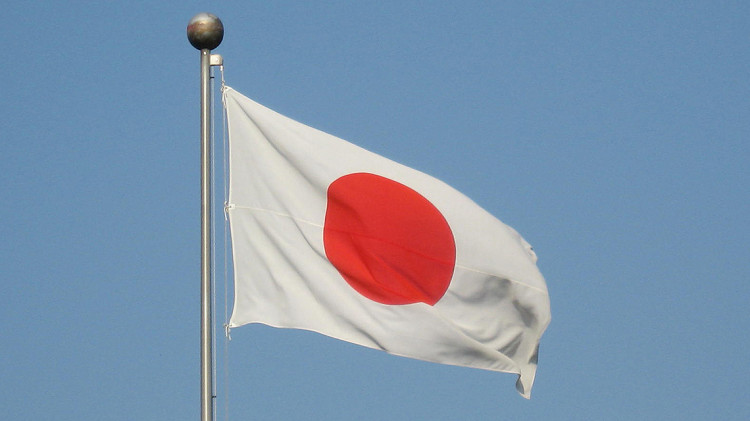The International Atomic Energy Agency (IAEA), along with experts from the People’s Republic of China, the Republic of Korea, the Russian Federation, and Switzerland, collected samples today of ALPS treated water that had been diluted with seawater ahead of its discharge into the sea at Japan’s Fukushima Daiichi Nuclear Power Station (FDNPS).
The activity is the latest mission carried out under the additional measures which focus on expanding international participation and transparency, allowing hands-on independent measurements of the concentration level of the ALPS treated water which TEPCO – operator of the FDNPS – began discharging in August 2023. In September 2024, the IAEA agreed with Japan to implement additional measures. Through additional measures, third parties can independently verify that water discharge levels are, and will continue to be, in strict compliance and consistent with international safety standards.
Today’s sampling was the first mission of the additional measures under the IAEA framework to sample the diluted water from the discharge facilities at the plant. It follows a mission in February when IAEA Director General Grossi joined the activities with experts from China, the Republic of Korea and Switzerland to collect seawater samples from a boat in the vicinity of FDNPS. It also builds on the first practical steps of the additional measures carried out in October last year when international experts conducted seawater sampling.
The experts from the China Institute for Radiation Protection, the Korean Institute for Nuclear Safety, the Institute for Problems of Environmental Monitoring of the Research and Production Association “Typhoon” in Russia”, and the Spiez Laboratory in Switzerland collected samples from the discharge vertical shaft and seawater pipe header where ALPS treated water is diluted with seawater before being discharged through a one-kilometre-long tunnel into the sea. The samples were taken from the 12th batch of ALPS treated water to be discharged. Last week, the IAEA confirmed that the tritium level in the 12th batch was far below Japan's operational limit.
The samples will be analysed by the IAEA laboratory, by laboratories in Japan and in the participating laboratories from China, Korea, Russia and Switzerland, all members of the IAEA's Analytical Laboratories for the Measurement of Environmental Radioactivity (ALMERA) network, which were selected for their high level of expertise and analytical proficiency.


